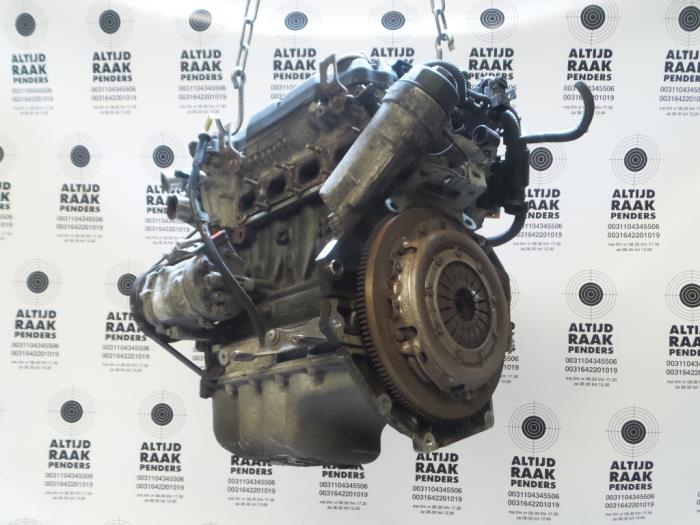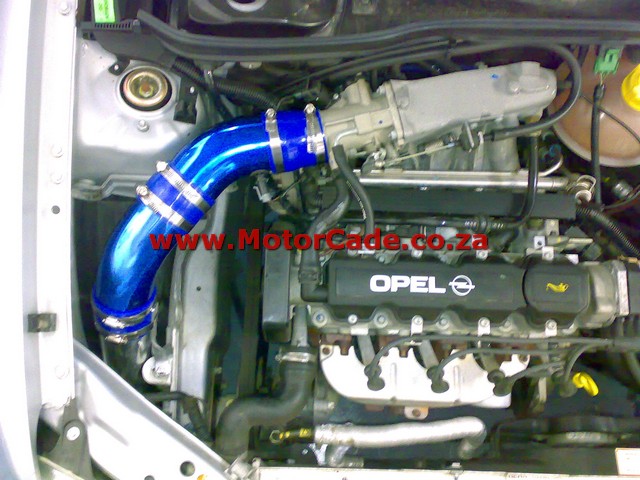Engine Acquiring Expert Tips on Picking the Right Engine for Your Certain Demands
Picking the ideal engine for your details demands entails a complicated interaction of elements that exceed simple horse power numbers. From power outcome to sustain performance, the decision-making process can be intimidating. Understanding the nuances of engine kinds, sizes, and their compatibility with your vehicle is vital. There are skilled pointers that can help browse this surface with confidence. By delving into the ins and outs of power versus efficiency, evaluating fuel scores, and budgeting for long-lasting costs, one can genuinely enhance their engine option.
Power Vs. Efficiency: Finding the Equilibrium
When selecting an engine, it is essential to strike a balance between power and efficiency to fulfill your particular requirements successfully. Power refers to the engine's capacity to create energy for propulsion, establishing variables like acceleration, hauling capability, and overall efficiency - Opel Corsa 1.4 Engine Price. On the other hand, efficiency associates with exactly how well the engine utilizes fuel to create power, impacting variables such as fuel economic situation and ecological friendliness
Attaining the ideal balance between power and performance is vital because an engine that is also powerful might eat too much gas, causing higher operating prices and unnecessary strain on the environment. On the other hand, an engine that prioritizes efficiency over power may cause sluggish efficiency, specifically sought after situations like lugging heavy loads or driving uphill.
To make a notified decision, consider factors such as your common driving conditions, the designated use of the vehicle, and your individual preferences. By examining your demands and priorities, you can pick an engine that strikes the perfect equilibrium between power and efficiency, making certain optimal performance while minimizing environmental impact and operating expense.
Comprehending Engine Dimension and Type
To additionally improve the choice procedure of an engine that strikes the ideal equilibrium between power and performance, it is vital to explore the complexities of comprehending engine size and type. Engine size describes the total volume of air and fuel that can be pressed through the engine cylinders. It is usually determined in litres or cubic centimeters. Larger engine sizes usually cause more power output however can also cause decreased gas performance. On the various other hand, smaller sized engine dimensions are commonly more fuel-efficient however might give up some power.
Additionally, engine type plays an important duty in identifying the performance features of an engine. Typical engine kinds include inline engines, V engines, and rotating engines, each with its distinct advantages and downsides. The engine kind affects aspects such as the engine's size, weight circulation, and power delivery. Recognizing the interaction between engine size and kind is essential in picking an engine that lines up with your particular requirements and priorities, whether it be power, efficiency, or an equilibrium of both.

Consider Your Vehicle's Demands
Considering your automobile's demands is a fundamental step in the engine selection process to make sure optimal performance and performance. It is important to assess factors such as the planned use the car, its weight, lugging capability, and fuel performance requirements. If you are looking for an engine for a heavy-duty vehicle that will be made use of for towing, you will need a powerful engine with high torque capacities. On the other hand, if you are picking an engine for a small cars and truck primarily used for city commuting, gas official website performance might be an extra important aspect to take into consideration.
Additionally, the terrain on which the automobile will mostly run need to affect your engine choice. A durable engine with excellent climbing power will be required if you frequently drive in mountainous or uneven locations. Alternatively, for flat terrains, an extra fuel-efficient engine might suffice. By aligning the engine requirements with your lorry's requirements, you can make sure that your automobile operates successfully and fulfills your efficiency expectations.
Assessing Fuel Efficiency Rankings
Examining gas efficiency ratings is an important element of choosing the ideal engine for your car, ensuring price savings and environmental sustainability. Gas effectiveness ratings, commonly gauged in miles per gallon (MPG) for fuel engines or kilowatt-hours per 100 miles (kWh/100 miles) for electric engines, indicate just how far a lorry can travel on a details quantity of fuel or electrical energy. Greater MPG or reduced kWh/100 miles worths symbolize a lot more efficient engines, converting to minimized gas prices and reduced carbon exhausts.
Furthermore, contrast various engine alternatives within the very same car course to determine the most economical choice. Elements such as engine size, weight, the rules a fantastic read of aerodynamics, and crossbreed or electric abilities can all affect gas performance.
Budgeting for Long-Term Costs
Strategically preparing for lasting expenses is essential when selecting an engine, making certain financial sustainability over the car's life-span. While the first purchase rate of an engine is a considerable variable, it is critical to take into consideration the lasting expenses associated with maintenance, repair services, and Our site fuel usage. Choosing a more fuel-efficient engine might have a greater ahead of time cost however can lead to substantial savings over time. Routine upkeep, such as oil changes, filter replacements, and tune-ups, is necessary to maintain the engine running efficiently and efficiently, minimizing the danger of expensive repair work down the line.
Furthermore, investigating the availability and cost of replacement components for the picked engine is essential in spending plan planning. By very carefully budgeting for these long-lasting costs and factoring them right into the decision-making procedure, individuals can pick an engine that not only satisfies their instant requirements but also continues to be economical throughout its life-span.
Verdict
To conclude, picking the appropriate engine for your specific needs requires stabilizing power and effectiveness, recognizing engine dimension and type, considering your vehicle's demands, examining gas efficiency scores, and budgeting for long-lasting prices. By thoroughly thinking about these aspects, you can ensure that you pick an engine that fulfills your demands and offers optimum efficiency for your automobile.
To even more improve the option process of an engine that strikes the optimum equilibrium between power and efficiency, it is crucial to dig right into the complexities of recognizing engine dimension and type. Engine size refers to the total volume of air and gas that can be pushed via the engine cyndrical tubes. Usual engine types include inline engines, V engines, and rotary engines, each with its one-of-a-kind benefits and disadvantages. Comprehending the interaction between engine size and kind is important in choosing an engine that aligns with your specific demands and priorities, whether it be power, efficiency, or an equilibrium of both.

Comments on “Obtain the Perfect Opel Corsa 1.4 Engine Price Deal at our Trusted Auto Parts Store”